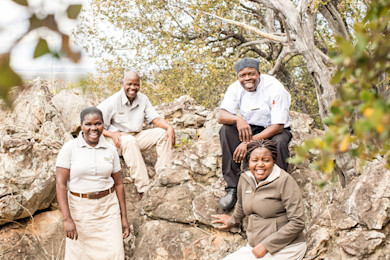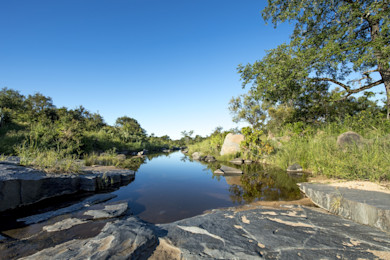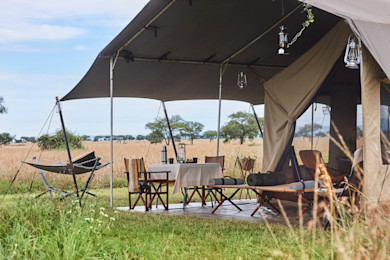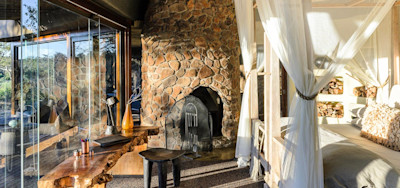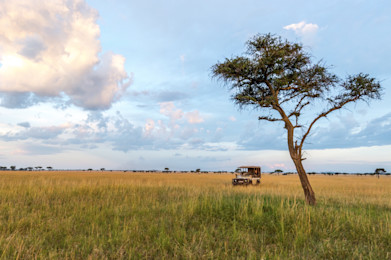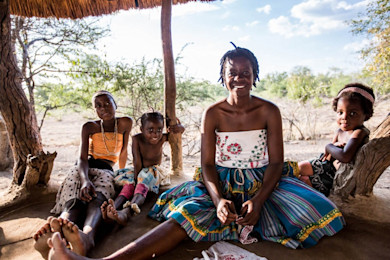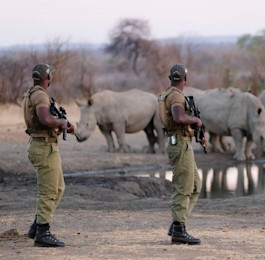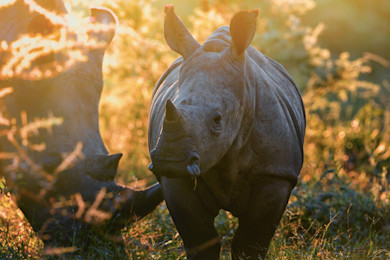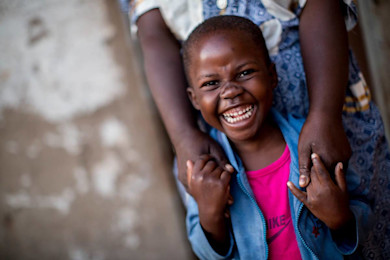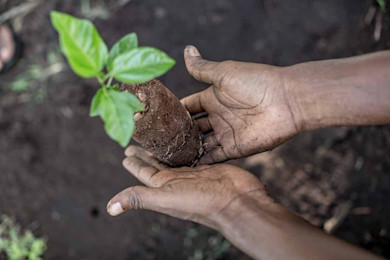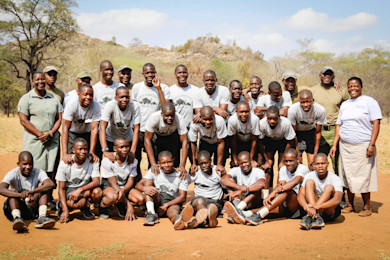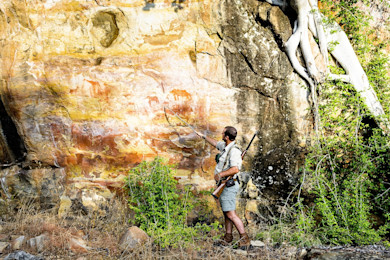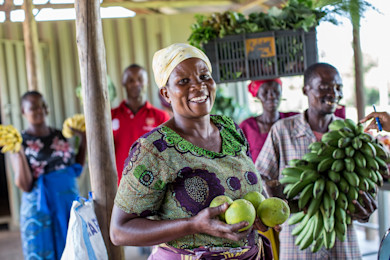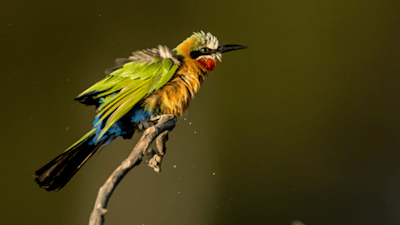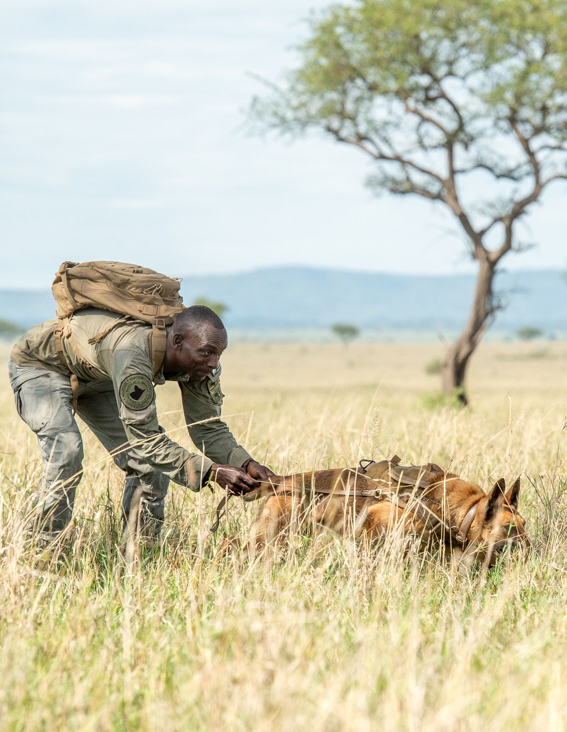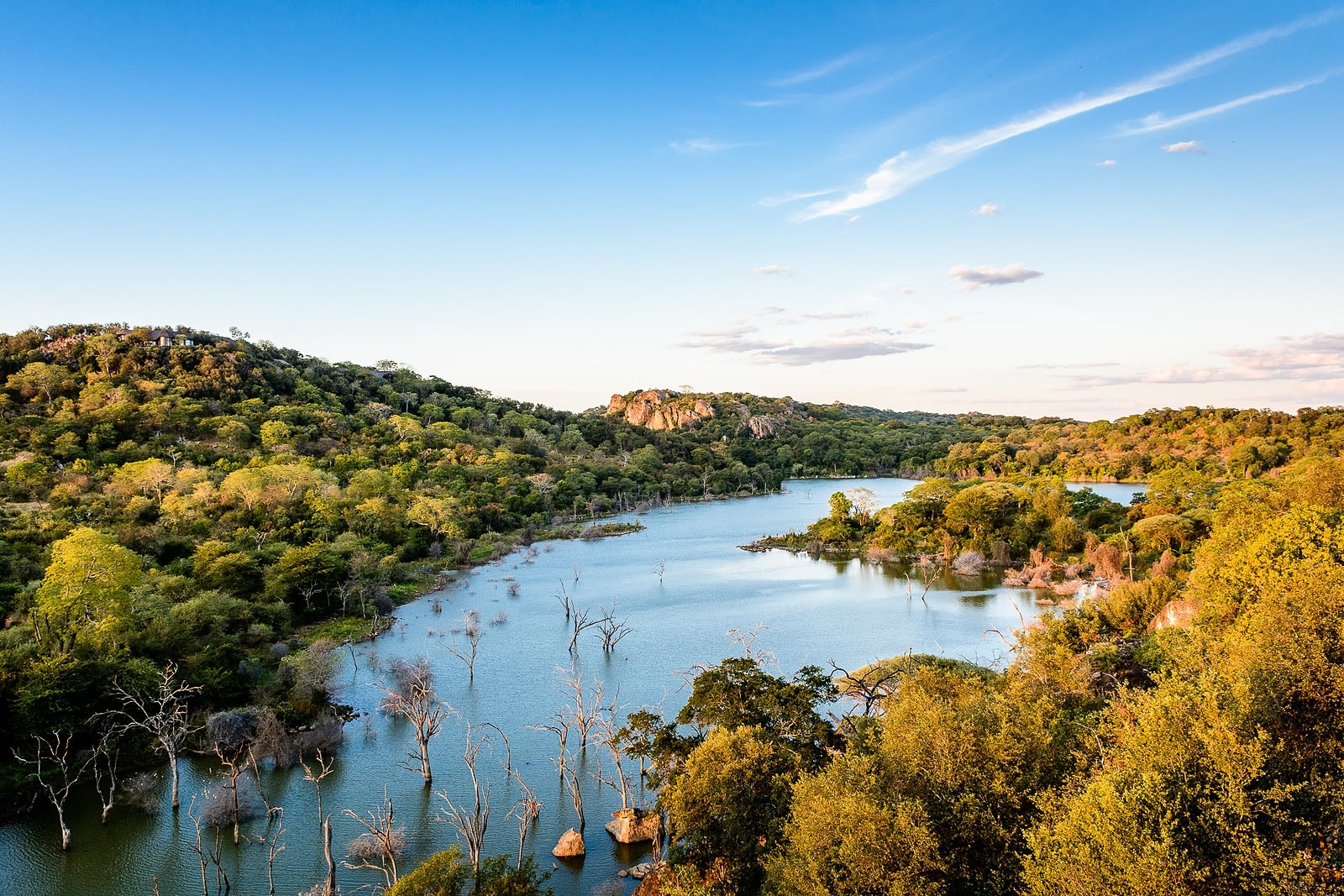
Conservation at Malilangwe
Our conservation objective is to restore and sustain the historic biodiversity of the Malilangwe Wildlife Reserve.
In addition to the benefits for the reserve, it is envisaged that lessons learned here will help to derive best practice protocols that will have application in other conservation initiatives, both regionally and internationally.
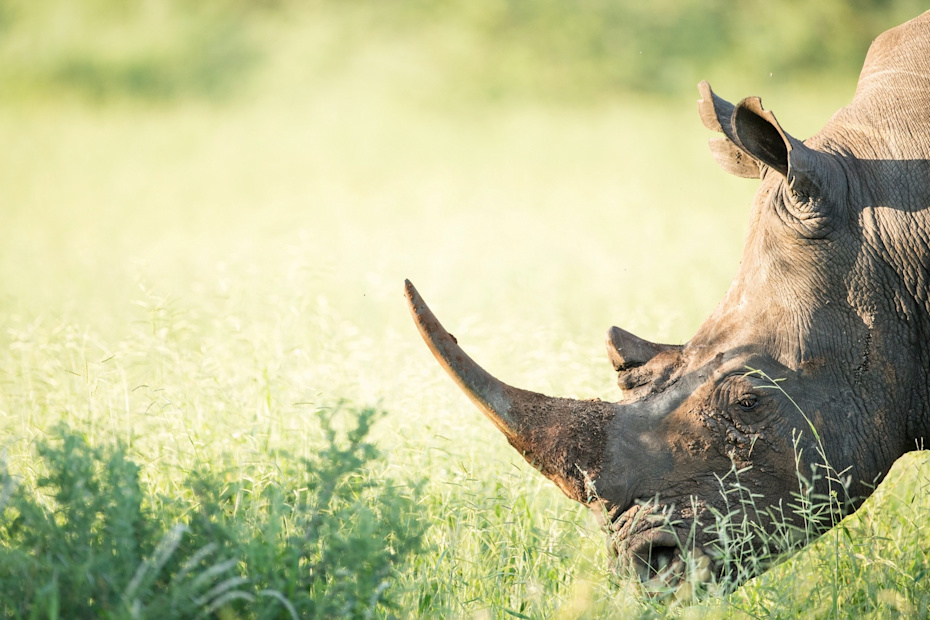
Conservation Partner
Malilangwe Trust
As custodians of the Malilangwe Wildlife Reserve in Zimbabwe, the Malilangwe Trust manages the conservation of this pristine wilderness – which comprises 38 different habitats and ecological zones in 115,000 acres of protected land.
After successfully introducing 28 black and 15 white rhinos to the reserve in 1998, it is now home to a globally significant population of both and the programme has been so successful that it is a source for restocking rhinos in other reserves on the continent.
The Trust has developed a blueprint for creating harmony between conservation initiatives and community development in villages that neighbour wildlife areas and ensured a sanctuary for a wide range of wildlife, including breeding herds of rare antelope species such as sable and roan.
An onsite Environmental Education Centre for school teachers and children allows them to immerse themselves in Outdoor Education and fieldwork, while the Trust’s nutrition programme provides 20,000 children with a fortifying meal before school every day in order to address increasing food insecurity in the region.
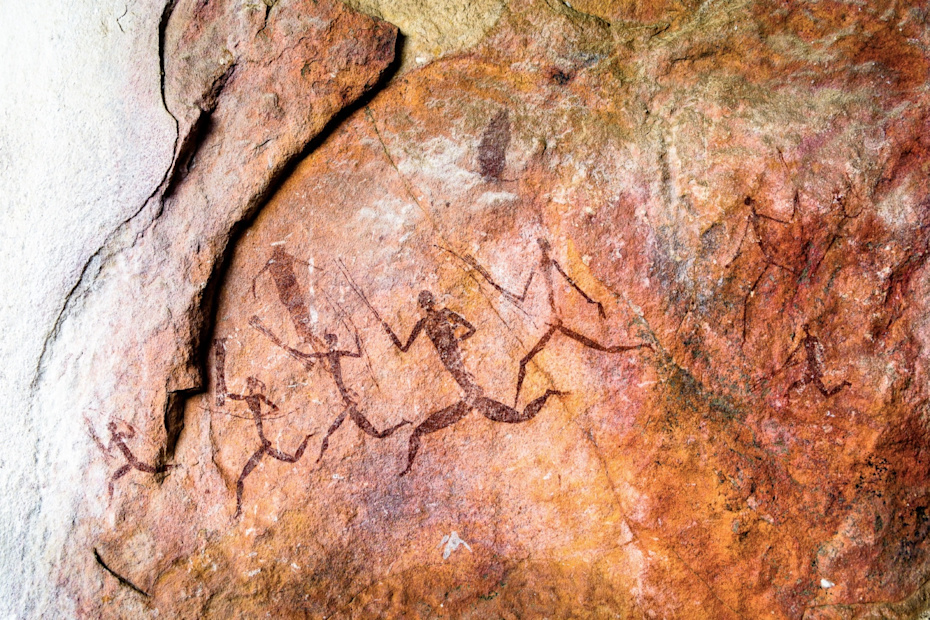
Conservation Partner
The Long Run
Singita’s sustainability partner – The Long Run – have worked at the intersection of nature conservation and sustainable tourism since 2009 and are rooted in the vision that tourism can create lasting prosperity for people living on a healthy, resilient planet. Long Run members understand the delicate balance and connection between human and natural ecosystems and how they co-exist. They advocate for innovative solutions and collaborative action to harness tourism as a force for good. The Long Run partners with leading organisations to shape the agenda and inspire nature-positive climate action and holistic sustainable tourism, worldwide.
The Long Run's 4C sustainability framework comprises four sections: Conservation, Community, Culture and Commerce. These four are then further broken down to detailed subject areas for Singita’s specific context. These sustainability principles are critical to the fulfilment of Singita’s 100-year purpose and impact goals for 2030, and continue the good work fulfilled during the One Planet Living membership.
The Long Run's 4C sustainability framework comprises four sections: Conservation, Community, Culture and Commerce. These four are then further broken down to detailed subject areas for Singita’s specific context. These sustainability principles are critical to the fulfilment of Singita’s 100-year purpose and impact goals for 2030, and continue the good work fulfilled during the One Planet Living membership.
Singita Kruger National Park became an official Long Run Fellow in 2024. All other Singita properties will align with the 4C methodology and become fellows of the programme over the next few years.
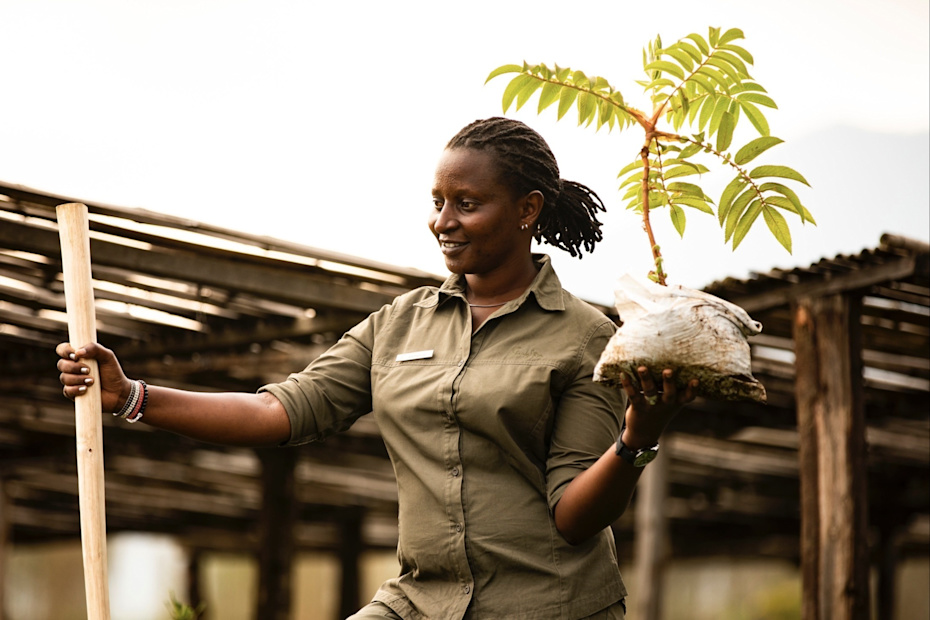
Park ranger holding seedling
Conservation projects in Pamushana
AllSustainabilityCommunityBiodiversity
AllSustainabilityCommunityBiodiversity
